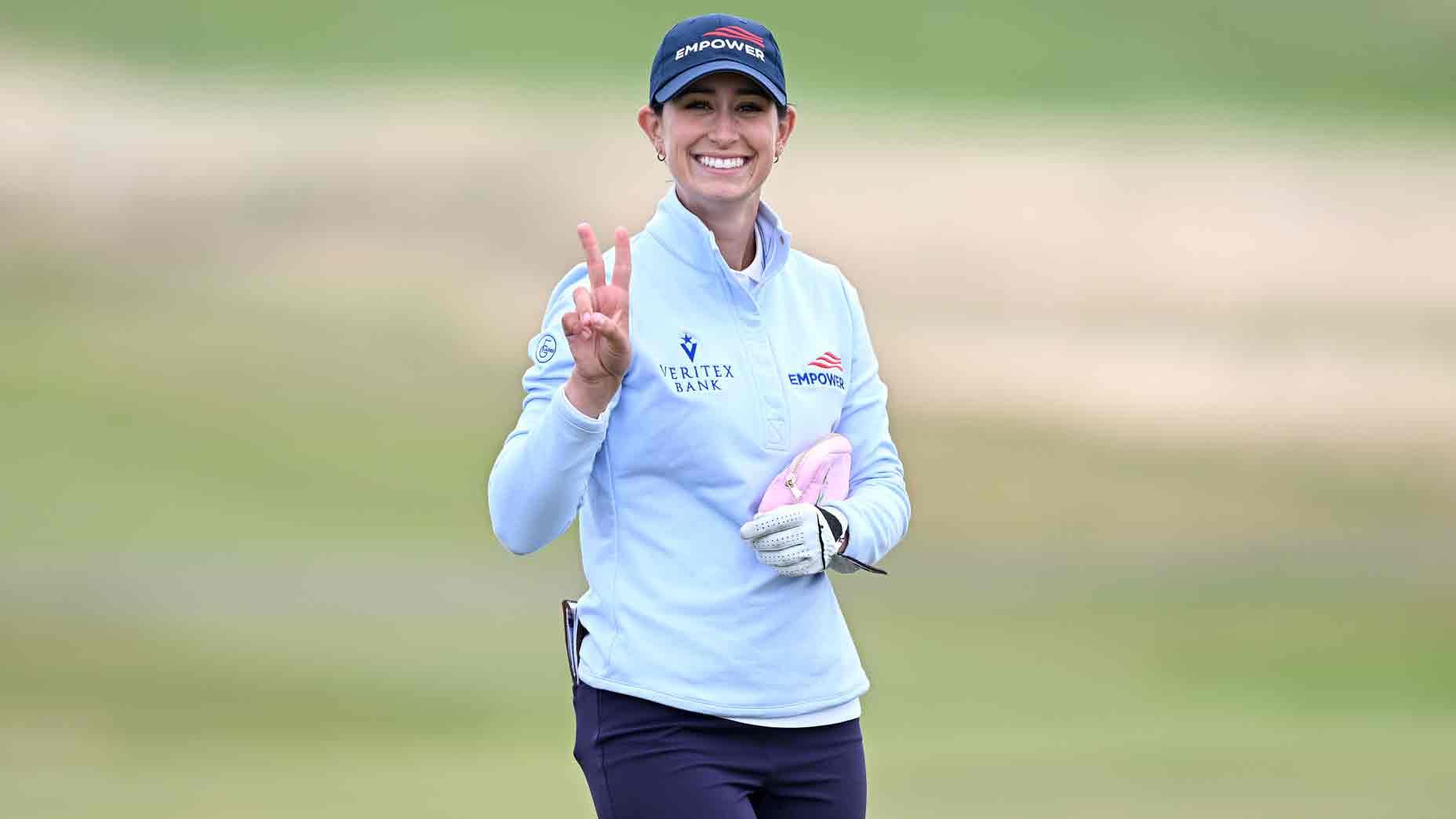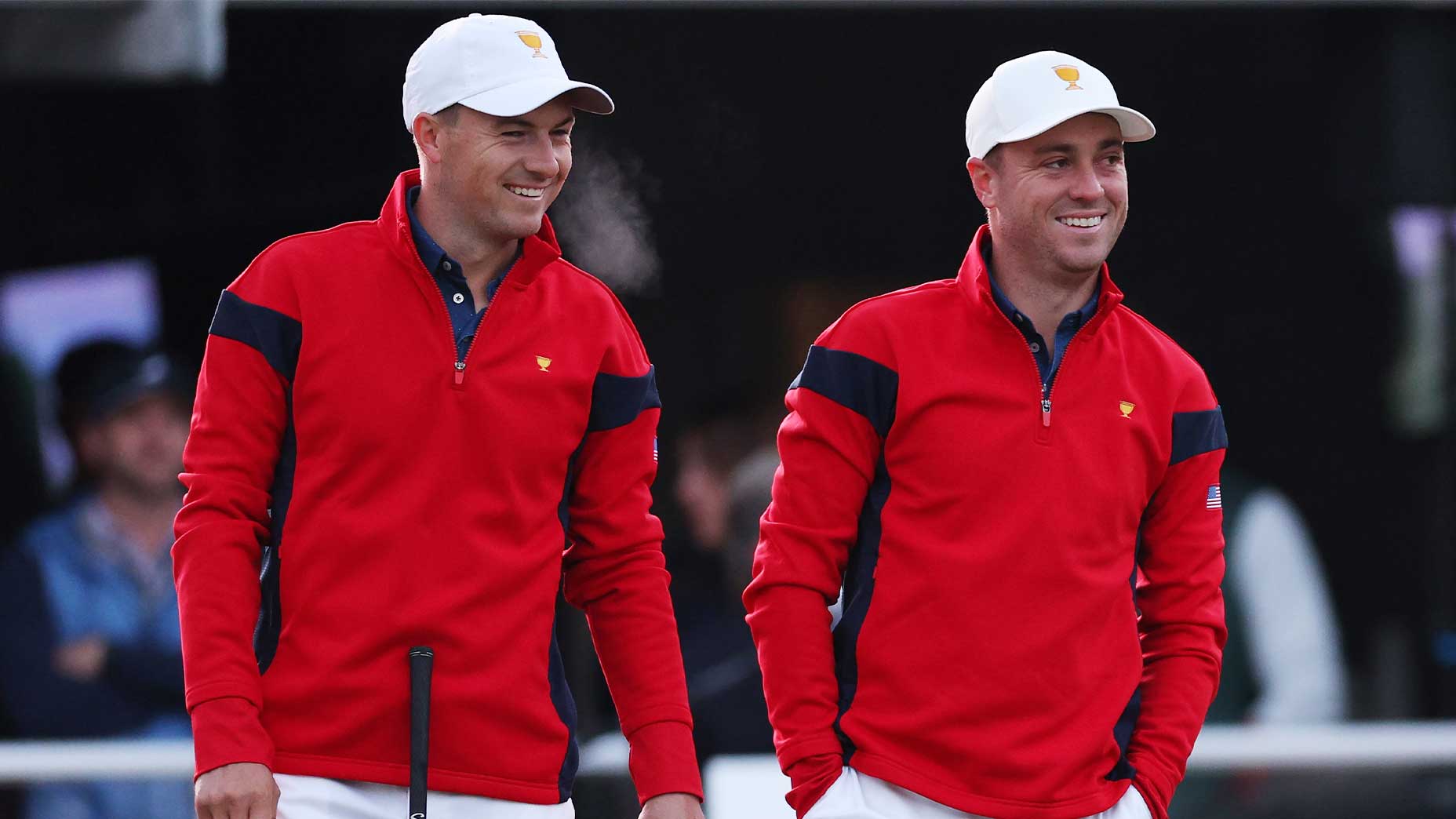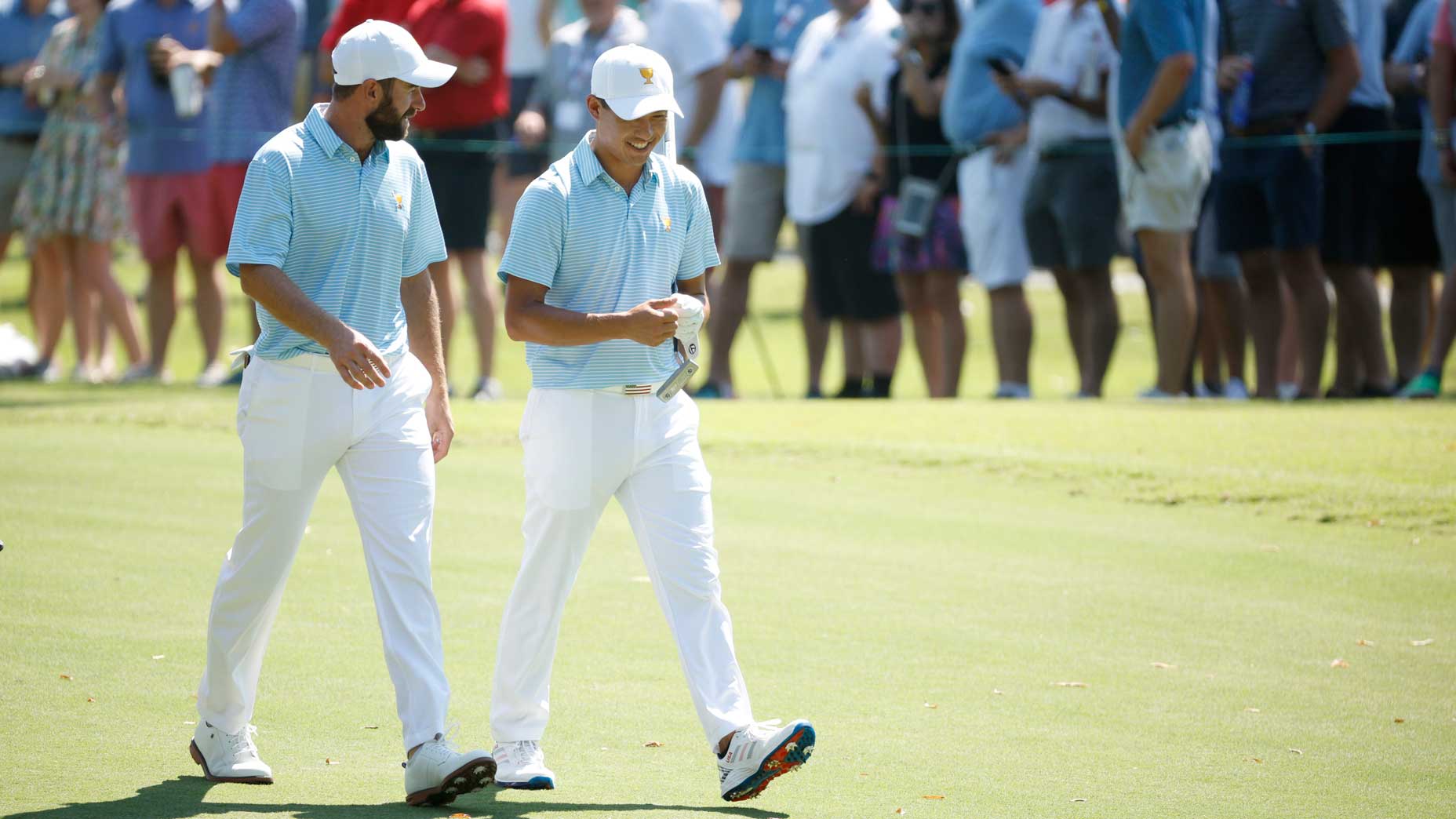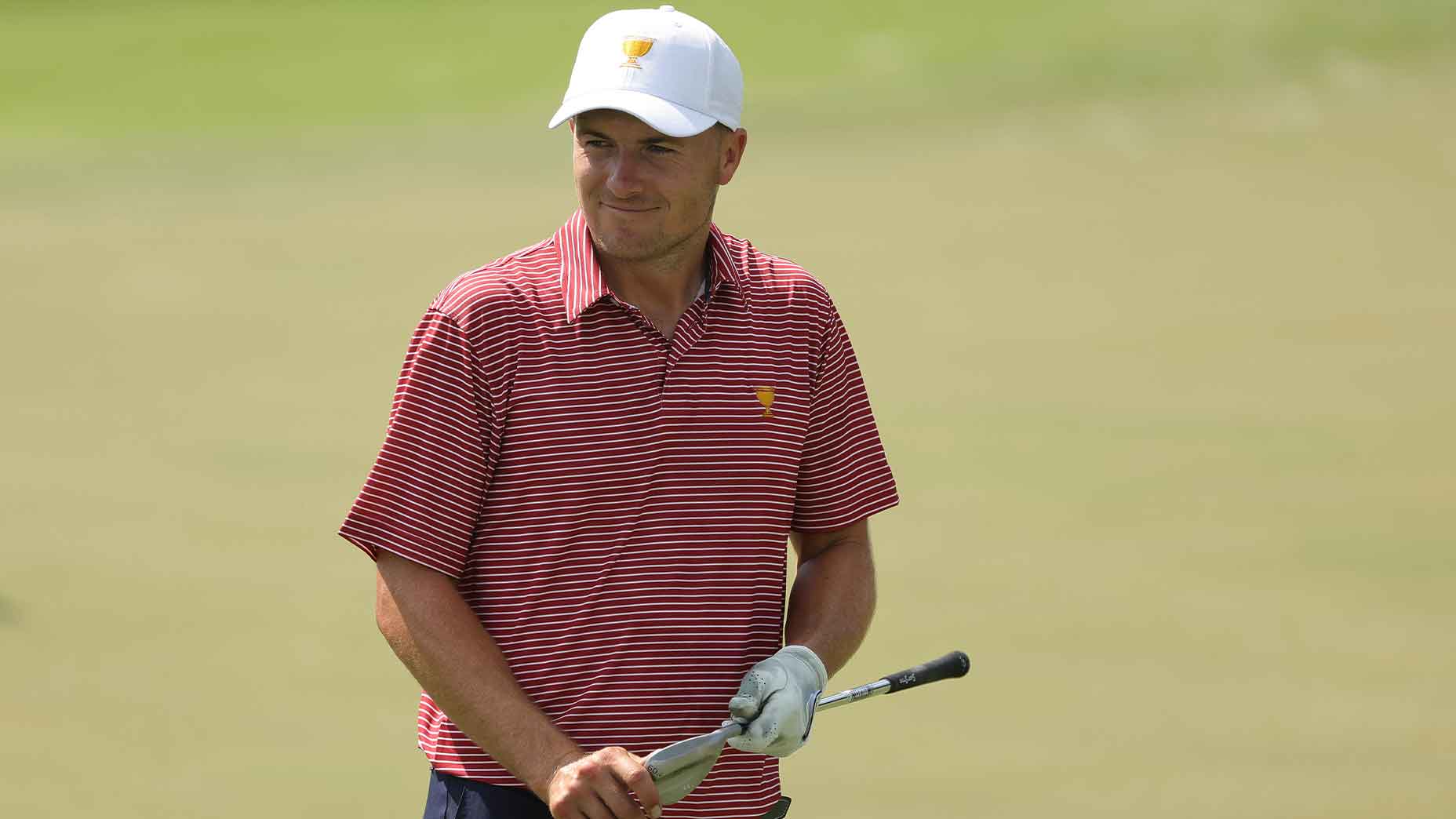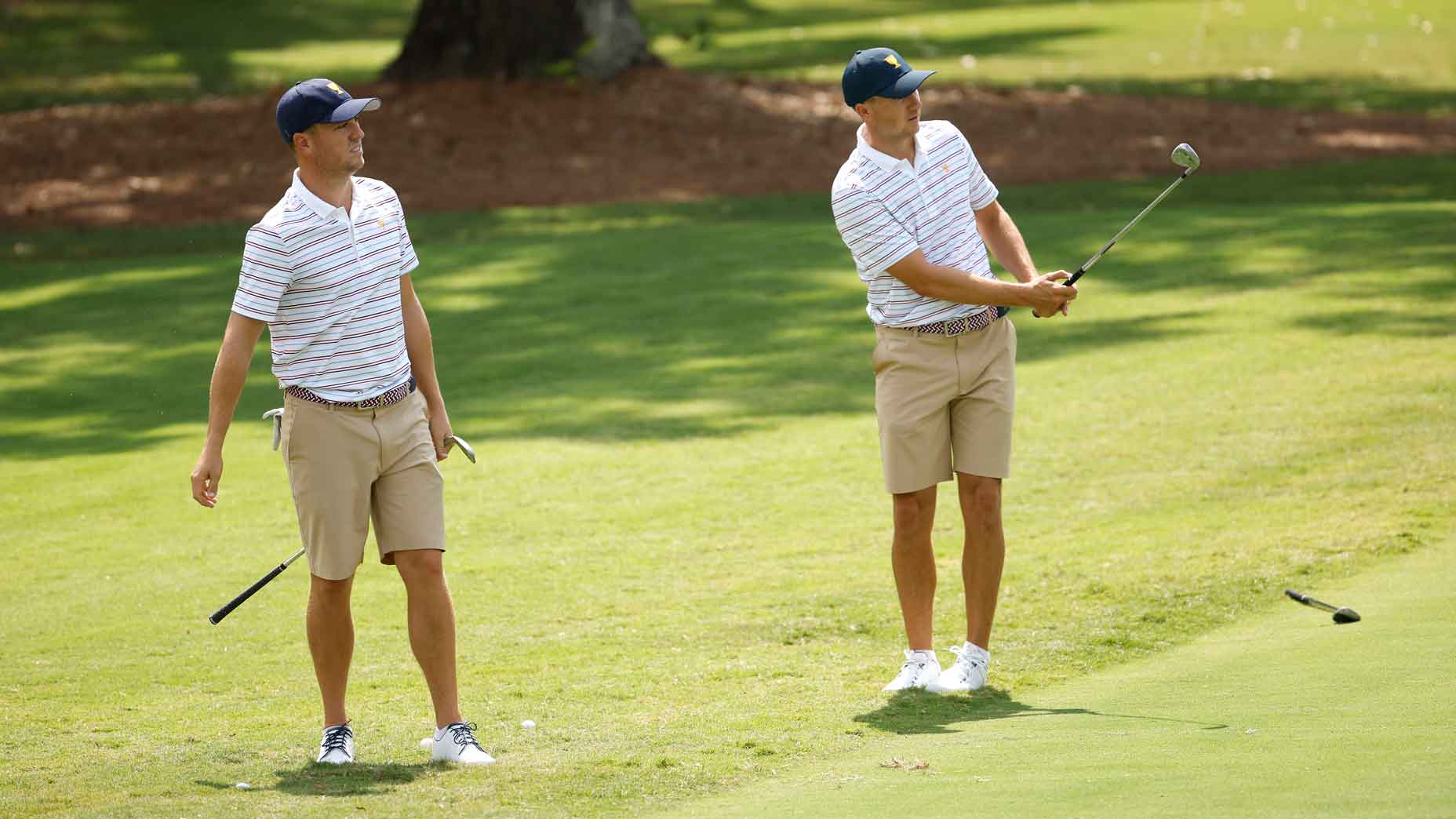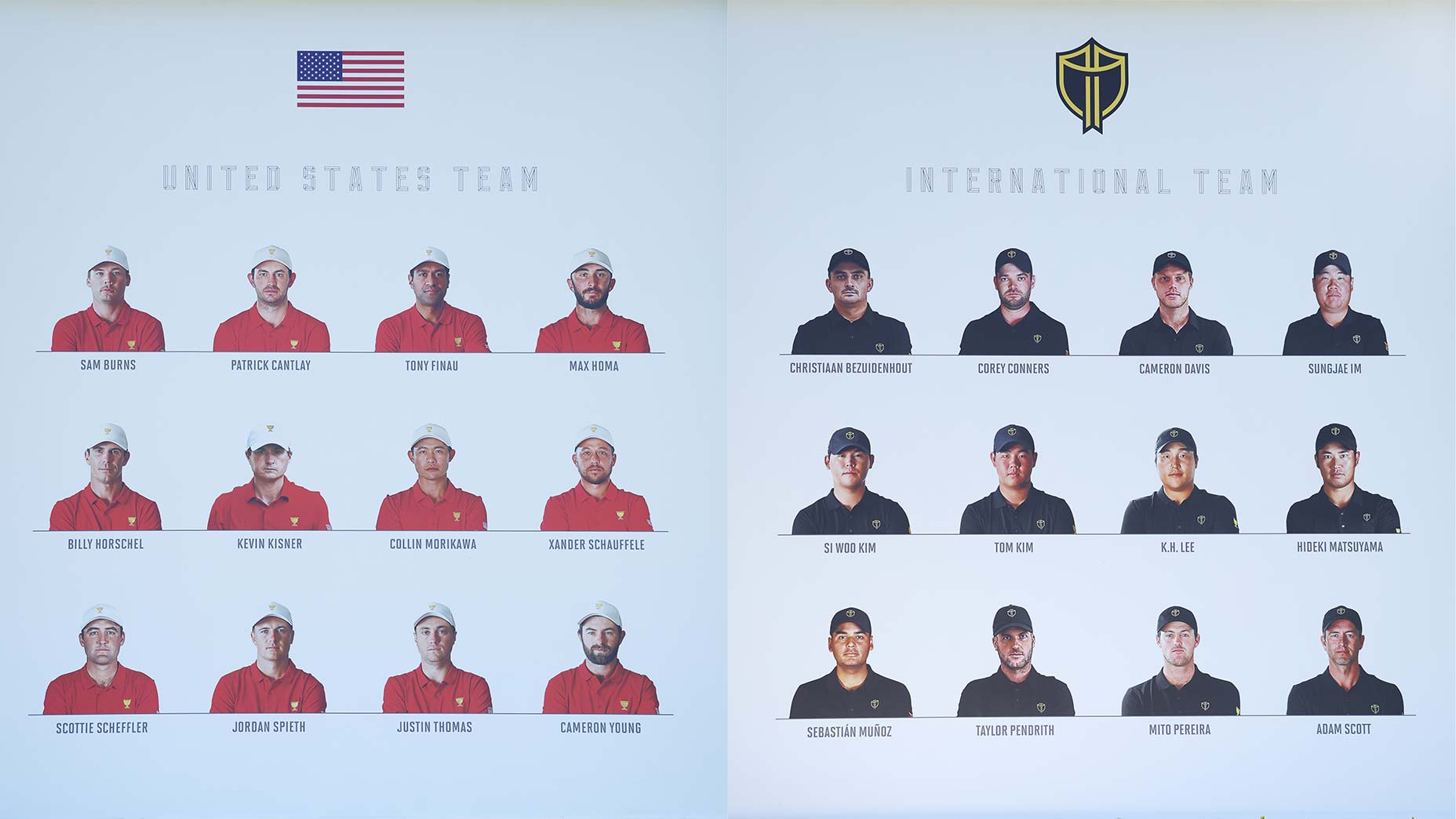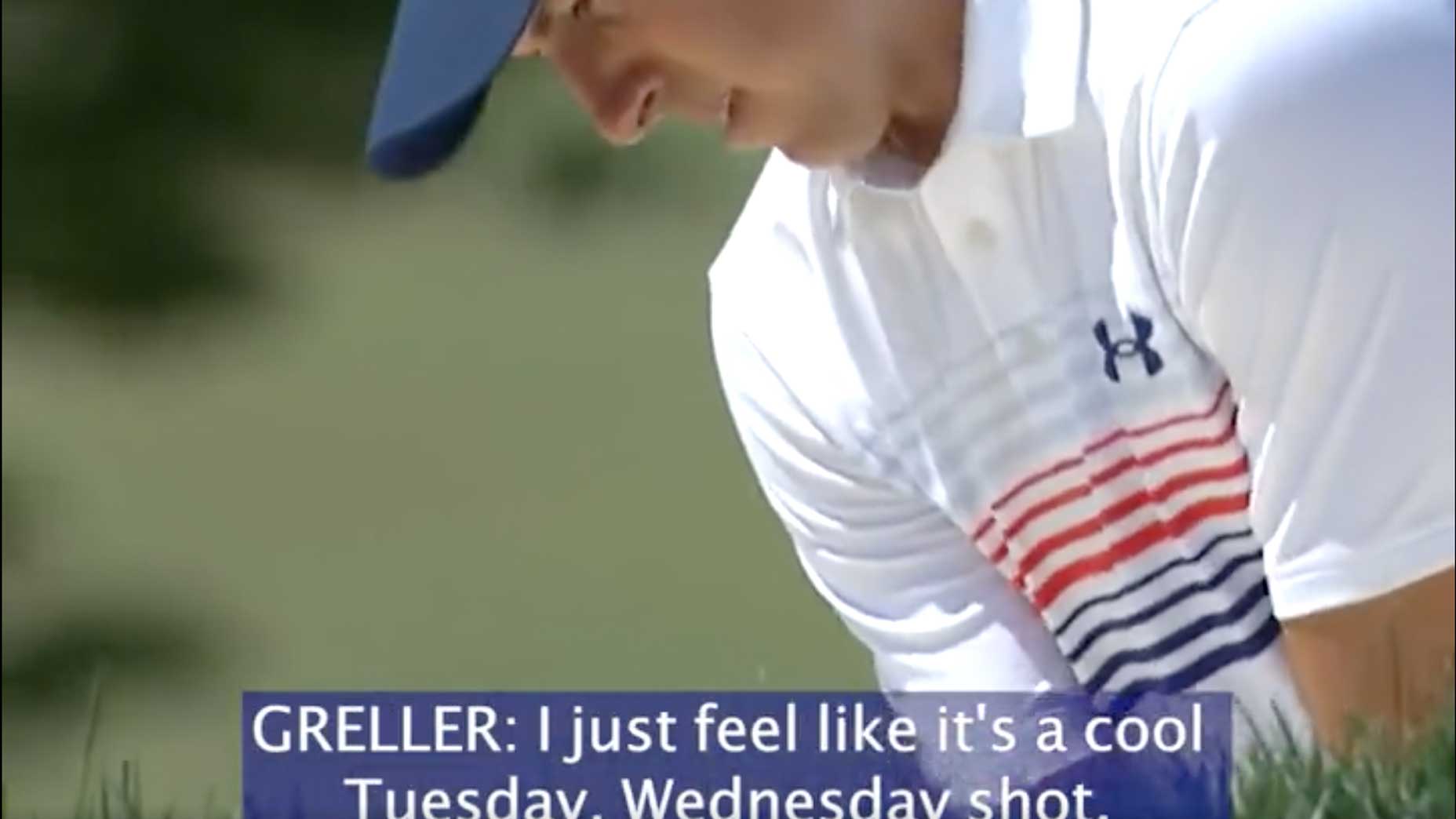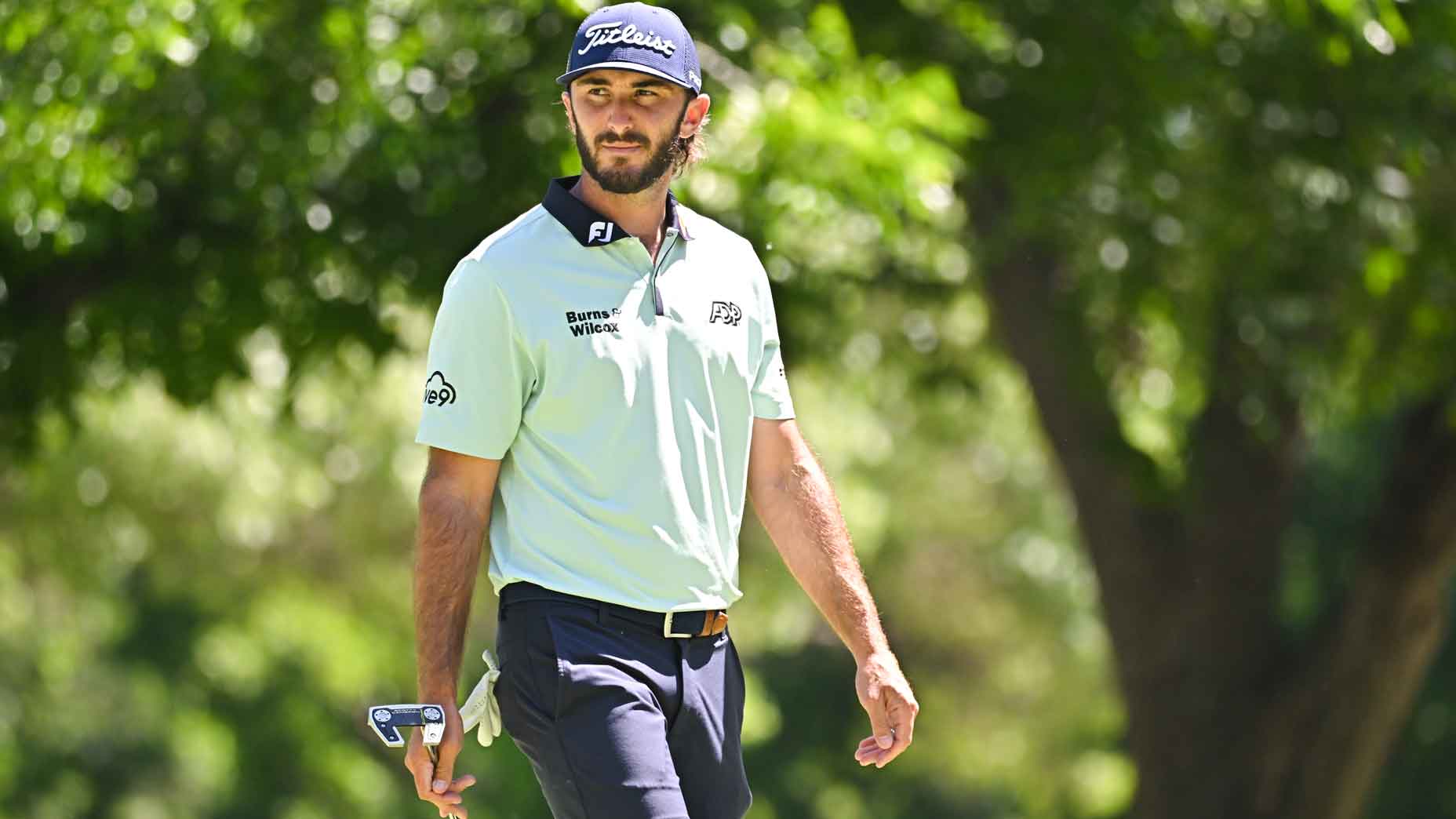David Duval is quickly becoming one of the most insightful analysts in golf. A former World No. 1 and Open champion, he’s recently taken a particular interest in Jordan Spieth — and sharing how he might be able to turn his game around.
Speaking at the 2020 PGA Championship, Duval said that Spieth made the dreaded mistake of chasing distance. It wasn’t bad at first, Duval said, but it gradually got worse. He’s been trying to straighten it out ever since, but that’s causing him to get too technical with his golf swing.
“He just needs to figure it out himself,” he said.
Fast-forward to the 2020 U.S. Open at Winged Foot, and Duval shared some similar thoughts.
“I sometimes wish he would just go hit balls alone. He’s playing golf swing right now. He needs to go out and play golf,” Duval said on Golf Channel’s Live From show on Thursday, before the first round.
Duval’s fellow analyst noted that Spieth has been averaging, by his count, seven looks at the target before hitting the ball, which Duval said reminded him of the way Sergio Garcia used to re-grip the club repeatedly before pulling the trigger, and prompted an interesting exchange from Duval about making golf more “reactionary.”
Insightful stuff here from Duval on Spieth's struggles and turning golf into a "reactionary" sport pic.twitter.com/zbNG08frfR
— LKD (@LukeKerrDineen) September 17, 2020
Making golf a “reactive” sport
Duval’s advice to Spieth — and golfers in general — is to make golf into a reactionary sport. What does that mean? It means, instead of standing over the ball for a long time looking back and forth between the target, you need to see the target and react. To step up to the ball and pull the trigger quickly and decisively — the opposite of what Spieth is doing right now.
“It’s a lack of comfort. It’s a lack of decisiveness to what you’re doing and frankly, it’s removing all reaction to your target,” he says of Spieth.
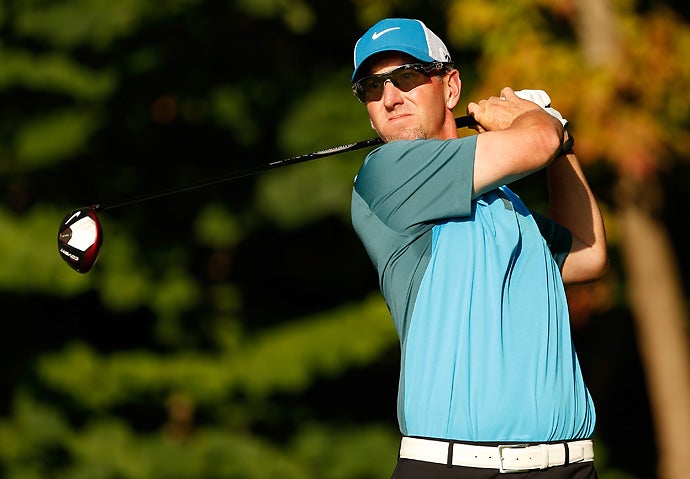
That, Duval says, is the “difficulty all golfers face,” and is what Spieth is facing in his own game. In short: he needs to think less, forget about the golf swing, and just play golf. React to the target, and resist over-analyzing the results.
“You’re hitting a static golf ball. You’re not reacting to somebody serving at you in a game of tennis,” he said. “You’re not reacting to somebody pitching a baseball at you; a quarterback throwing a football at you. You need to create and make this game reactionary.”
Food for thought, both when it comes to Spieth’s game and our own.


